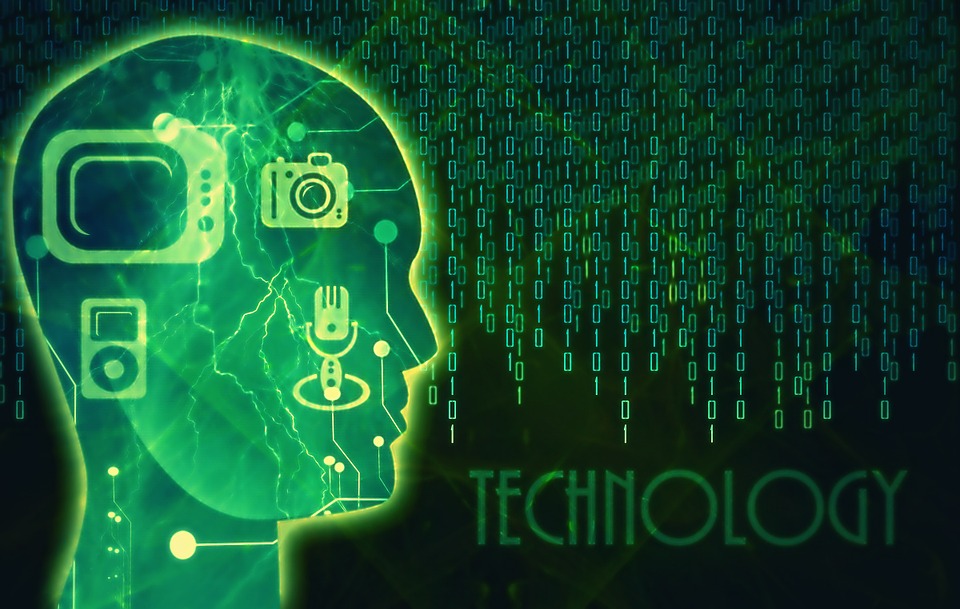Internet Shutdowns have plagued the African digital medium this year. Congo DR, Gambia, Cameroon, and Ethiopia are a couple of countries that restricted the use of the internet for political reasons earlier in 2017. This is just after 30 out of 54 African countries violated digital rights in 2016, 11 of these States were involved in internet shutdowns and as of yet, besides dialogue, no affirmative action has followed to ensure it does not happen again.
There is currently no policy restricting governments from exercising their influence in Internet Governance, especially in developing countries. The internet, being a modern day occurrence, has discrepancies in progression when Africa is compared to Asia and the West. Whilst the world is grappling with fake news and net neutrality, the continent is still lagging behind in openness, access, and bottom-up coordination.
Algeria was joined by South Africa to vote down United Nations Human Rights Council’s [UNHCR][1] resolution to establish Internet a Human Right, stating “The exercise of the right to freedom is not absolute”. This is a setback for Africa because the countries with a platform to represent the continent have working internet infrastructure and resources undermine the reality of many underdeveloped nations with the marginal internet presence. Congo DR, for example, has only 4% internet penetration, among the lowest in Africa [CIPESA]. The lack of enforcement of internet as a Right removes the incentive to improve the situation in developing nations.
The Internet Society ISOCs stance on the internet as a Right state
“The issue may be not that we need new Rights because of the internet, but that we need to reinforce existing rights because the Internet has shown how fragile they can be when new technologies or new economic models are introduced.”
ISOC says on the internet and its relation to Human Rights “The internet challenges typically hierarchical structures, whether they are societal, economic, or political in their nature. It is a tool that has evolved through empowered users and communities – its very existence encourages empowerment and its success is dependent upon it. Yes, empowerment can be threatening – but it is not internet specific. Governments that undertake actions to quash empowerment or freedom on the internet do so not because it is the internet, but because that is the way they “manage” empowerment and freedom generally.”
This spells the idea that Internet as a right akin to women’s rights, in that, it does not have a separate set of Rights outside the Universal Declaration of Human Rights set by the United Nations. Thus, while the internet may not be a human right, it is still represented by the 1948 declaration.
Following the Internet Shutdowns, the Africa Network Information Center [AFRINIC][2] proposed a policy to punish governments that engaged in partial or full internet shutdown. The proposal was submitted by representatives of Liquid Telecom and TESPOK. The idea behind this proposal was to create a policy that could move beyond dialogue to creating a lasting solution for antagonistic governments. The policy flopped because “it might antagonize governments in a way that will worsen the situation.” Nonetheless, the discussion will continue at the Internet Governance Forum 2017, taking place in Geneva and its Chapters across the globe. ISOC Gauteng in South Africa will lead the discussion on how internet shutdowns are taking a toll on Africa[3].
The general action of African Government bodies is taking the ‘governance’ in Internet Governance to mean government and act or react accordingly. Whilst there is no agreed definition, the World Summit on the Information Society [WSIS] in Tunis 2005 came up with the working definition stating “Internet governance is the development and application by Governments, the private sector, and civil society, in their respective roles, of shared principles, norms, rules, decision-making procedures, and programmes that shape the evolution and use of internet.”
Therefore, according to this working definition, Internet Governance involves more than just the government. The essence of Government is that it is for the people and by the people, therefore freedom of expression and censorship works against what a democratic government is about. And indeed, most African countries claim to be democratic though their actions are otherwise.
read Women Economic Empowerment and Care Work
The Internet may not be as yet recognized a right, yet it still represents the core of who we are as human – free and creative. The principles that govern this powerful medium may not be a resolution but it is still represented in the Universal Declaration of Human Rights as the right to freedom and expression. Any government or person that restricts the internets’ free and fair use is violating Human Rights.
writer
Hadassah Louis
Founder, Safety First for Girls (SAFIGI)
Zambia.
REFERENCES
[2] https://www.afrinic.net/en/community/policy-development/policy-proposals/2061-anti-shutdown-01 / https://www.afrinic.net/en/community/policy-development/policy-proposals/2127-anti-shutdown-02
